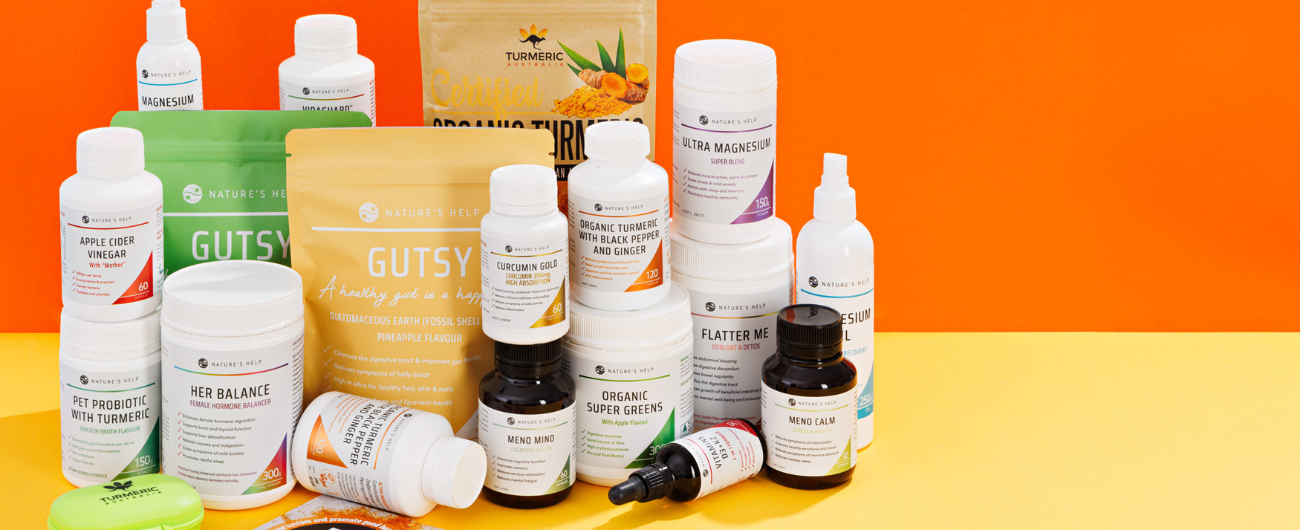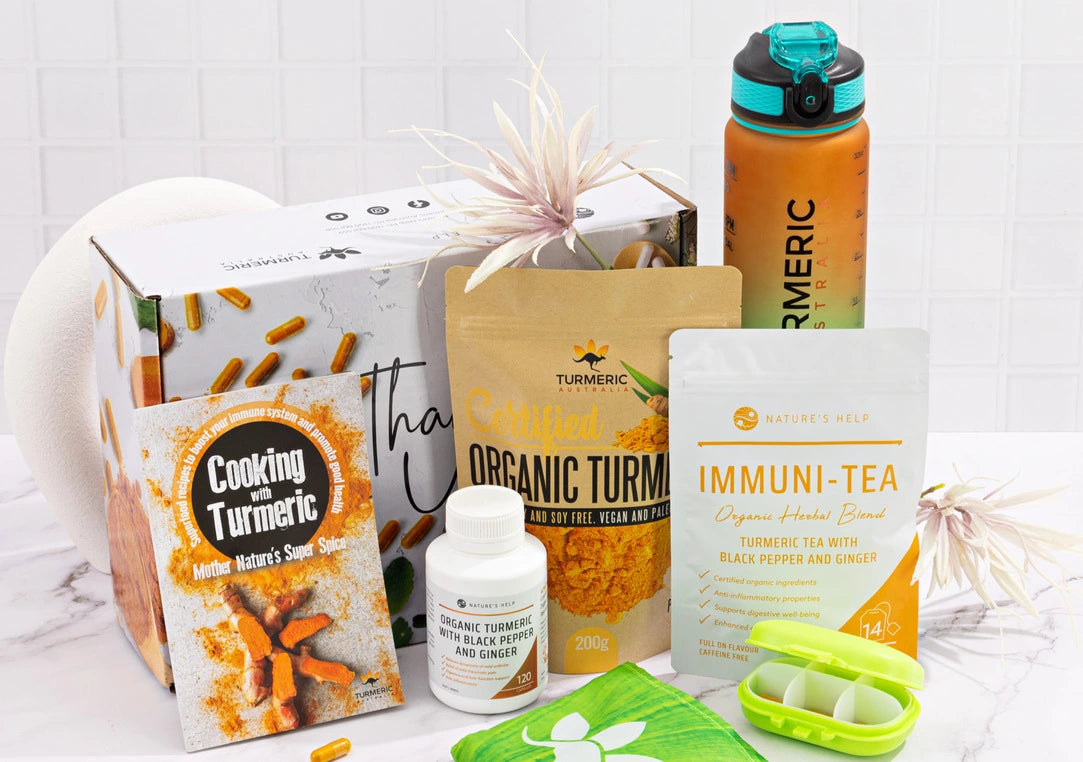How to Improve Your Gut Health with Probiotics
In the world of health and nutrition, probiotics have gained considerable attention, recognised for their role in promoting a healthy digestive system. Probiotics are live bacteria and yeasts that are good for you, especially your digestive system. They help restore the natural balance of gut bacteria and have been shown to have health benefits when consumed. This blog will explain the benefits of incorporating fermented and probiotic-rich foods into your diet, as well as how they can improve your gut and general health.
What Are Probiotics?
Probiotics are often referred to as 'good' or 'helpful' bacteria because they help keep your gut healthy. They contribute to total wellness, including immune function, skin health, and weight management. Probiotics are naturally found in your body but can also be taken in through food and supplements.
Read more: Understanding Fibre and Its Impact on Gut Health
Health Benefits of Probiotics
Probiotics help balance the friendly bacteria in your digestive system, prevent and treat diarrhoea, and can improve some mental health conditions. They're also known to keep your heart healthy by lowering LDL ('bad') cholesterol and blood pressure. Some studies suggest that probiotics can help with certain allergic conditions, such as eczema, and combat the symptoms of digestive disorders like ulcerative colitis and Crohn's disease.

8 Probiotic Foods to Add to Your Diet
-
Yogurt: One of the best sources of probiotics, yogurt is made from milk that has been fermented by friendly bacteria, mainly lactic acid bacteria and bifidobacteria. Enjoy it as a healthy breakfast or snack to help increase the beneficial bacteria in your gut.
-
Kefir: A fermented probiotic milk drink made by adding kefir grains to cow’s or goat’s milk. Kefir grains are not cereal grains, but rather cultures of lactic acid bacteria and yeast that look a bit like cauliflower.
-
Sauerkraut: Made from just cabbage and salt, this fermented food delivers a healthy dose of probiotics and fiber. It’s also rich in vitamins C, B, and K and can be served as a side dish.
-
Tempeh: A fermented soybean product that forms a firm patty whose flavor is described as nutty, earthy, or similar to a mushroom. Tempeh is not only rich in probiotics but also a great source of protein.
-
Kimchi: A famous Korean side dish, usually made from fermented cabbage and other vegetables. It is high in enzymes and vitamins, and its fermentation process promotes the growth of beneficial lactobacilli bacteria.
-
Miso: A Japanese seasoning traditionally made by fermenting soybeans with salt and a type of fungus called koji. Miso soup improves digestion and provides beneficial bacteria and several vitamins and minerals.
-
Kombucha: A fermented, lightly effervescent black or green tea drink common in the health and wellness sphere. It’s known for its tangy flavor and probiotic content.
-
Pickles (fermented): Cucumbers that have been pickled in a solution of salt and water. They are left to ferment for some time, using their own naturally present lactic acid bacteria. This process makes them sour and can develop beneficial bacteria.
The Benefits of Fermented Foods
Incorporating fermented foods into your diet not only enhances flavor but also boosts your health significantly. These foods undergo a natural lacto-fermentation process where natural bacteria feed on sugar and starch in the food, creating beneficial enzymes, b-vitamins, Omega-3 fatty acids, and various strains of probiotics. The process of fermentation can also break down nutrients into more digestible forms, and the probiotics produced during this process are known for supporting the immune system and promoting a healthy digestive tract.
Furthermore, the preservation method of fermentation can increase the shelf life of foods, allowing you to enjoy seasonal produce year-round. Regularly consuming fermented foods can contribute to better gut health, which is linked to improvements in mood, mental health, and immune response.

Supplements to Promote Better Gut Health
While including these probiotic-rich foods in your diet can boost your gut health significantly, incorporating natural supplements from brands like Nature's Help and Turmeric Australia can further enhance your digestive health and immune response.
- Flatter Me: A comprehensive blend designed to support a healthy digestive tract and enhance nutrient absorption, making it easier for your body to process difficult-to-digest foods. Explore this product.
- Organic Super Greens: Packed with pro and postbiotics, this product combines the nutrient-dense benefits of green superfoods with the digestive support of live beneficial cultures. Explore this product.
- Pet Probiotic with Turmeric: Even pets can benefit from probiotics. This supplement is designed to support the digestive health of pets while incorporating the anti-inflammatory benefits of turmeric. Explore this product.
Incorporating Probiotics into Your Diet
Integrating fermented or probiotic-rich foods into your diet can be a delicious adventure in enhancing your inner health. Start with small servings of these foods and observe how your body responds before making them a regular part of your diet. For those looking to further enhance their digestive health, integrating supplements can provide additional support.
Remember, a balanced diet rich in fiber, healthy fats, and probiotics, combined with regular exercise and adequate hydration, can lead to significant improvements in your gut health and overall wellbeing.
By understanding and leveraging the power of probiotics, you can take proactive steps towards enhancing your digestive health and overall wellness.

